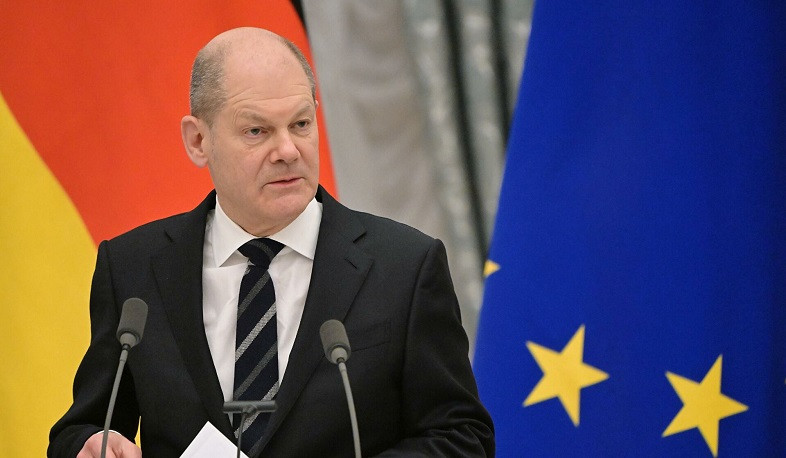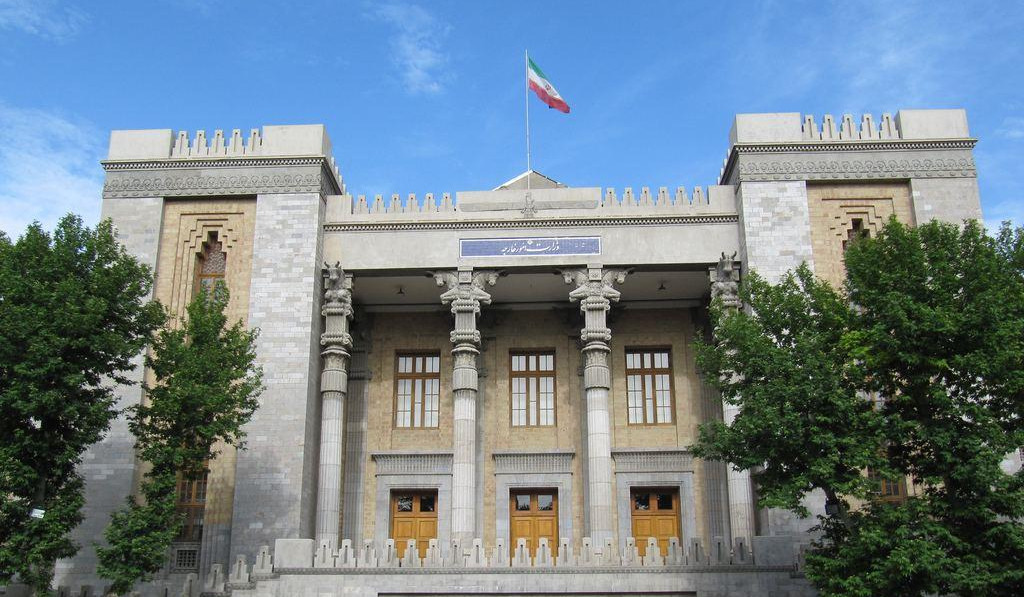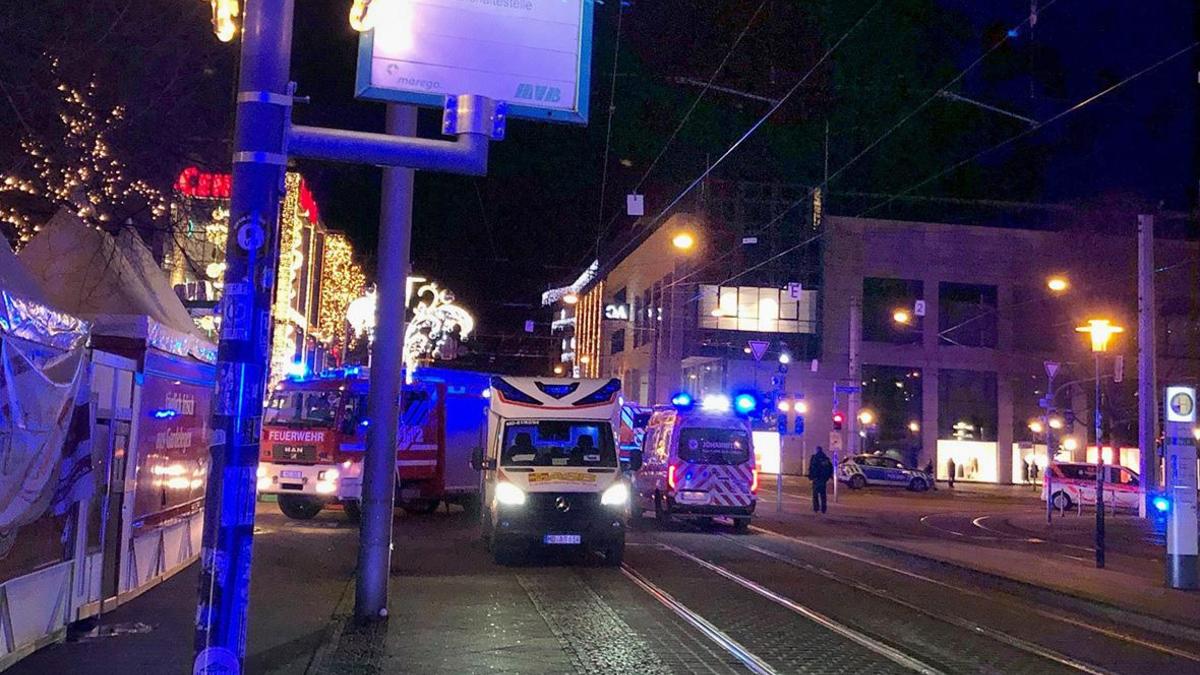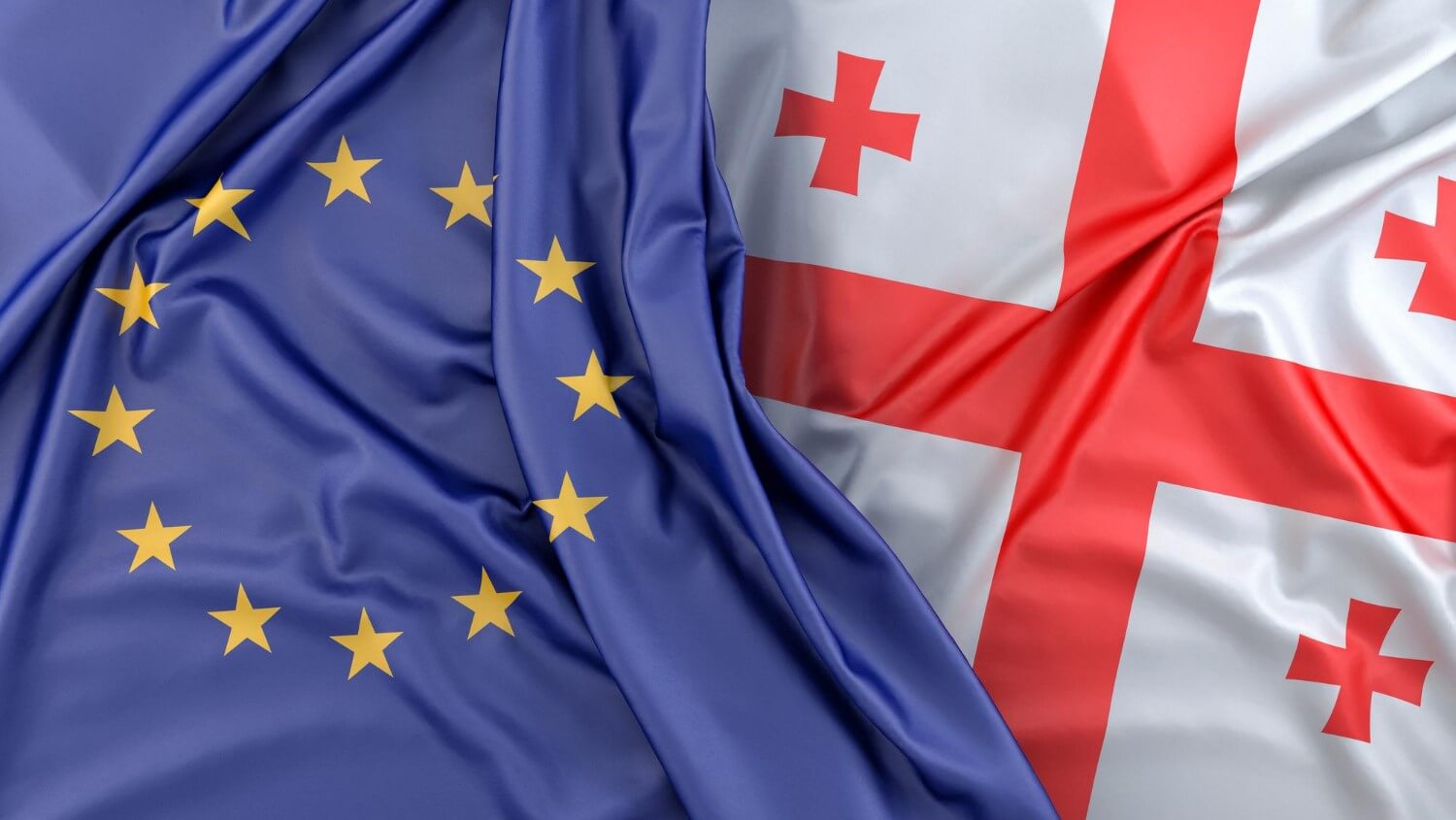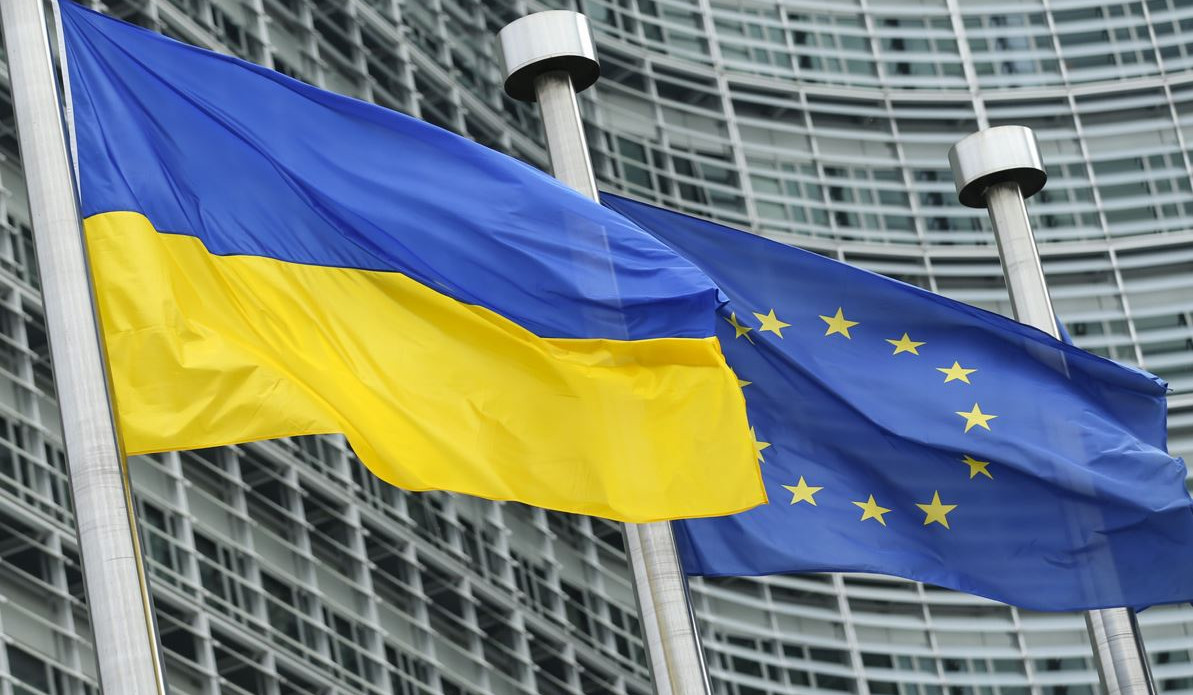Armenia and Azerbaijan are now closer than ever to agreement that, with political will, could be signed very soon: Klaar
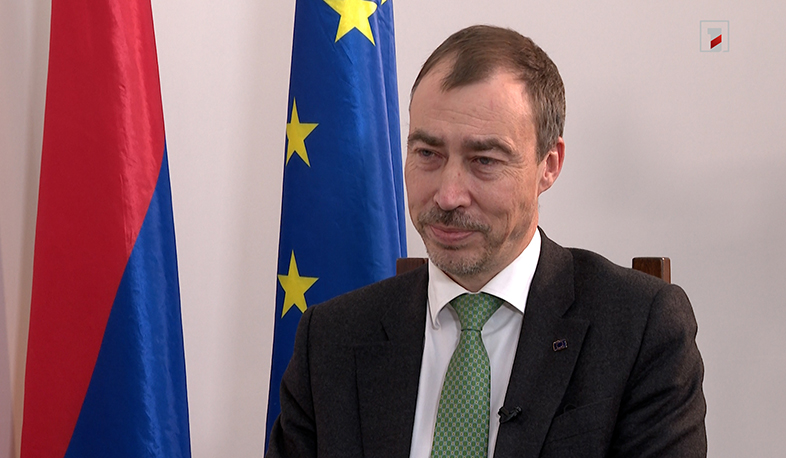
In an interview with the Azerbaijani media, the Special Representative of the European Union in the South Caucasus, Toivo Klaar, referred to the peace process between Azerbaijan and Armenia.
“We have appreciated the leaders’ and other interlocutors’ interest in keeping us appraised of both the political developments in the region as well as of developments in the peace process between Azerbaijan and Armenia. We have also exchanged views on how to best seize and support opportunities to foster peace in the region and thus my visits have facilitated EU high-level efforts to support the normalization of relations between Armenia and Azerbaijan,” Klaar stated.
He siad that while international involvement in the peace negotiations has been more limited over the past months than it was in the two years before, they have been happy to note the progress that has been achieved in the bilateral Armenia-Azerbaijan meetings.
“We have welcomed and commended positive developments, such as the Joint Statement of December 7, 2023 on COP29 and releases of prisoners, or the border deal of April 19, 2024 that reaffirmed the importance of the 1991 Almaty Declaration as a basis for future border delimitation work, as well as the subsequent delimitation and demarcation that was carried out on the ground. These have created a favorable environment for the conclusion of a long-awaited peace treaty and, as far as I understand, the sides are now closer than ever to an agreement that, with political will, could be signed very soon,” Klaar said.
He also wecomes the fact that this spring has been one of the quietest periods on the ground in the past decades.
“I believe that the sides are on the right path, and hope that the positive progress continues, and that further concrete agreements and other confidence-building measures will soon be reached. As far as the peace treaty is concerned, most of its elements have now been agreed upon and the remaining pending issues can, I believe, easily be agreed. As always, the EU remains ready to support the process in any way the sides may find useful, whether by facilitating or hosting meetings, or discussing peace dividends that can support the sides in building a more cooperative and interconnected South Caucasus after the signature of the peace agreement.
The signing of the Armenia-Azerbaijan peace treaty will have a tremendous impact on the two countries and the entire region. It will create a completely new situation, where opportunities for trade and economic interaction will increase automatically. The Azerbaijani and Armenian populations will for the first time have the opportunity to look differently towards their future. This will also impact how the EU can operate in the region, as it will enable us to engage in more regional cooperation including all three South Caucasus countries. As has been said on many occasions, the EU is ready to support dividends for peace in all sectors through different instruments, with a particular emphasis on regional connectivity and transport, depending on the agreements between the parties.
At the same time, peace would likely make Azerbaijan and Armenia more attractive also to other foreign direct investment. Overall, peace will create a new environment in which both countries and ordinary Armenians and Azerbaijanis will be able to reap the benefits from interacting and cooperating, which will allow them to get to know each other again and will help turn the page of enmity once and for all, for the benefit of future generations.
As I have seen for myself during a visit to Agdam district and in my interaction with ANAMA and other Azerbaijani officials in Baku, landmine contamination is one of the biggest challenges that Azerbaijan will have to address on the ground in the coming years. We express our solidarity with all people and families affected by landmine accidents. To support efforts in this regard, the EU and its member states have provided nearly 13 million Euros of support since 2020 through a Team Europe Initiative, and look forward to continuing to support Azerbaijan in its efforts, with an additional 5 million Euros channeled for 2024. We are very much encouraged by the pace of work carried by ANAMA and other actors in Azerbaijan. The EU and others have been working on this issue with both Armenia and Azerbaijan over the past few years, passing clear messages to both sides and providing some expert knowledge. In the meantime, we will continue to work towards increased cooperation between Armenia and Azerbaijan on the matter. Ultimately, we hope to see both countries join the Ottawa Convention, which would mark another important step towards making mines a thing of the past.”
